Scientists taking carbon out of sea to tackle climate change
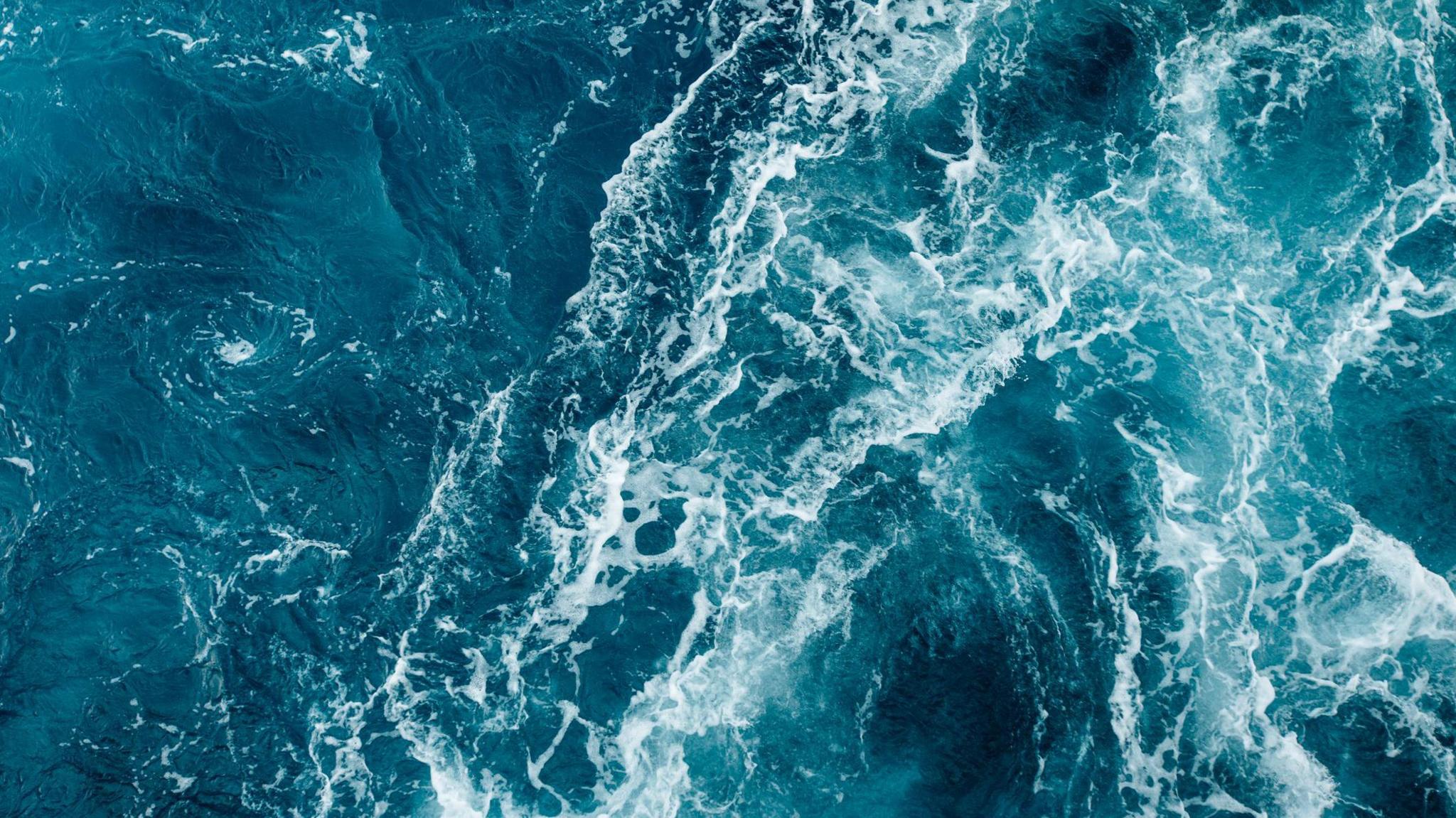
Scientists are testing ways to take CO2 out of our oceans
- Published
Scientists across the globe are constantly looking for ways to tackle climate change by reducing greenhouse gases like carbon dioxide (CO2) in Earth's atmosphere.
And now, some researchers on England's south coast think they've found a good way of doing it.
A small, UK government-funded project called SeaCURE, has found a way of sucking carbon out of the ocean, and storing it.
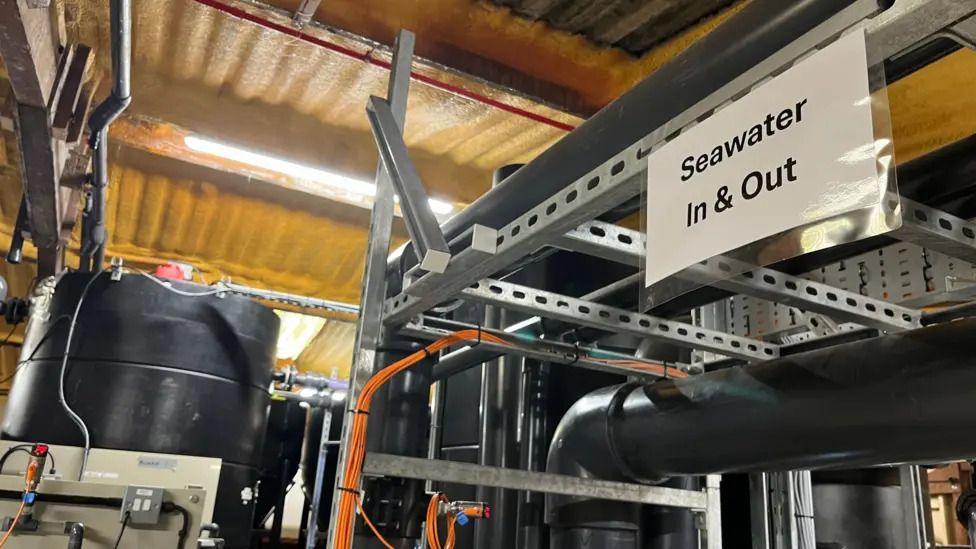
Seawater is treated and has carbon removed from it before being pumped back out
It's a form of carbon capture, which is a way of removing CO2, a greenhouse gas already in our atmosphere.
However instead of taking it directly out of the air, the scientists are removing it from the sea instead.
This is because the ocean absorbs around a quarter of CO2 emitted into the atmosphere.
By taking it out of the sea, there's more room for more CO2 to be absorbed from the air.
More science stories
Scientists find 'strongest evidence yet' of life on distant planet
- Published17 April
Colossal squid caught on camera for the first time ever
- Published17 April
Scientists find the most bitter tasting thing ever
- Published9 April
How does it work?
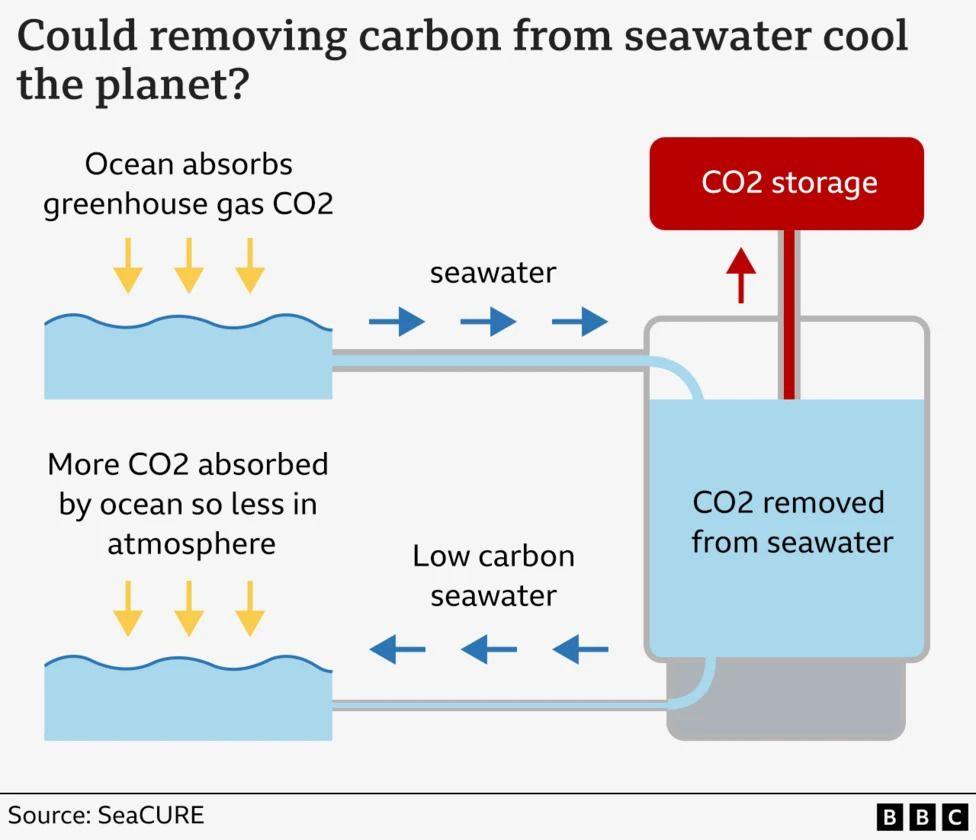
The seawater is firstly treated in a large tank to make it more acidic.
This encourages the carbon that's dissolved in the seawater to turn into a gas and be released into the atmosphere as CO2.
This CO2 is sucked up through a pipe and stored away.
The low-carbon seawater then has an alkali added to it to restore its chemical balance, and is finally released back into the sea.
Once there, it can start absorbing more CO2, and the cycle starts again.
Currently the amounts being removed are small - about 100 tonnes a year - but SeaCURE thinks this is only the beginning.
What are people saying about it?
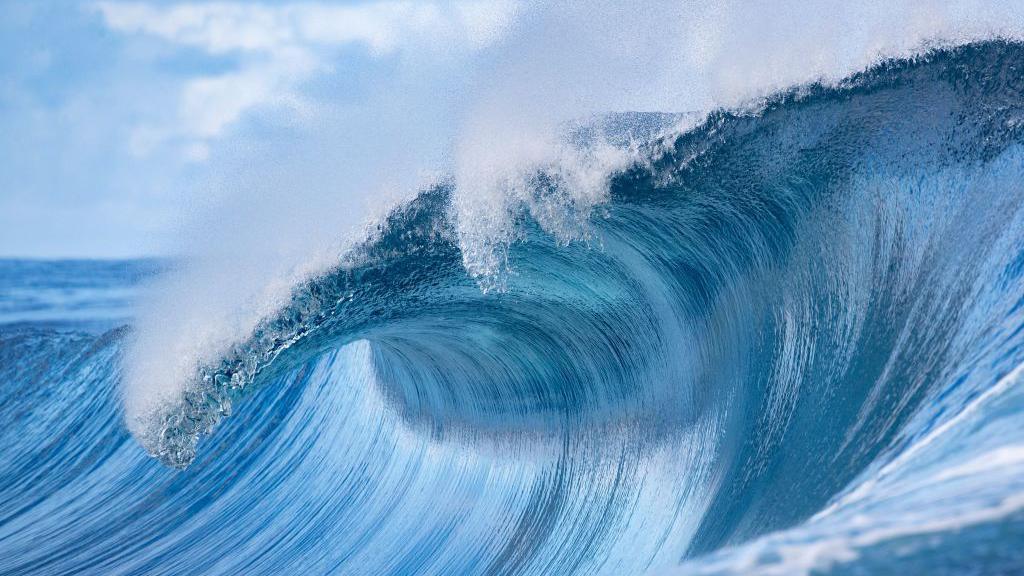
The ocean absorbs about a quarter of the CO2 that is emitted into the atmosphere
Dr Paul Halloran leads the SeaCURE project and thinks targeting water could be a really positive thing for the fight against climate change.
"Seawater has got loads of carbon in it compared to the air, about 150 times more," says Dr Halloran.
"But it has got different challenges, the energy requirements to generate the products that we require to do this from seawater are huge."
Energy Minister Kerry McCarthy said: "Removing greenhouse gases from the atmosphere is essential in helping us achieve net zero... Innovative projects like SeaCURE at the University of Exeter play an important role in creating the green technologies needed to make this happen, while supporting skilled jobs and boosting growth."
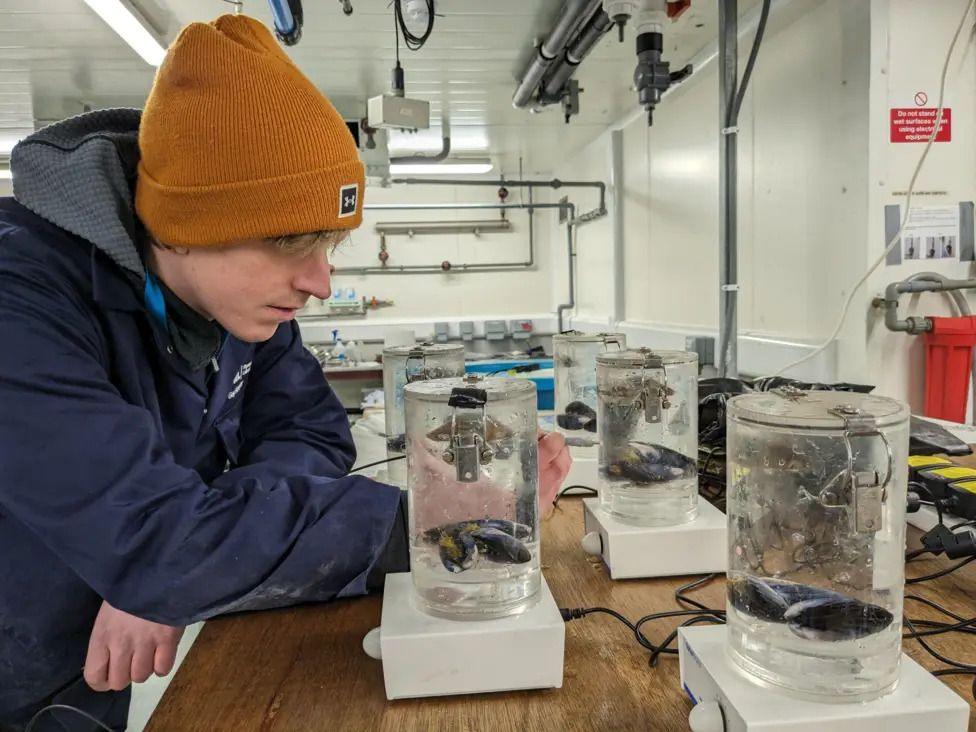
Guy Hooper of Exeter University is researching how low carbon seawater affects marine creatures
However, there are some concerns about how it will impact marine wildlife.
Guy Hooper, a PhD student at Exeter University studying the impacts of the SeaCure project, told the BBC there are signs the process can affect sea creatures: "Marine organisms rely on carbon to do certain things," he says. "So phytoplankton use carbon to photosynthesize while things like mussels also use carbon to build their shells."
However, he said they can work on ways to reduce or eliminate this harm.
